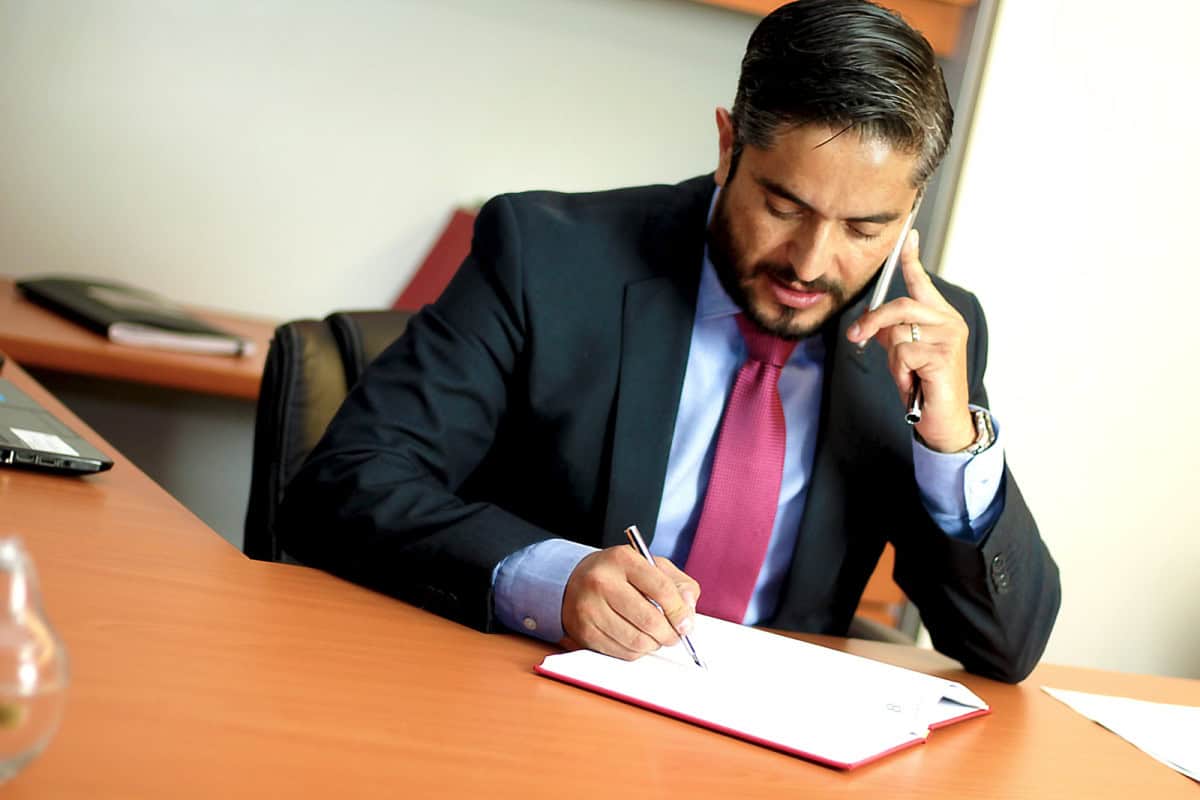
Facing criminal charges can be one of the most stressful and overwhelming experiences in a person’s life. Whether you’re dealing with charges related to theft, assault, or more sensitive allegations such as child pornography, finding the right criminal attorney is crucial. A skilled lawyer can guide you through the legal process, protect your rights, and work towards the best possible outcome for your case. However, not all criminal attorneys have the same expertise, so it’s important to choose someone with the right qualifications and experience for your specific situation. Here’s a guide to help you make the best choice.
Look for Relevant Experience and Expertise
When choosing a criminal attorney, one of the first things to consider is their experience and expertise in handling cases like yours. Criminal law covers a wide range of offenses, so it’s essential to find a lawyer who specializes in the type of charge you’re facing. For instance, if you’ve been charged with an internet-related offense, it’s crucial to seek out lawyers who have experience with these sensitive cases.
An attorney with a solid background in defending clients against similar charges will know the legal strategies that work best, be familiar with applicable laws, and understand how to navigate the court system. Ask potential attorneys about their track record and success rate in defending cases like yours, as this will give you an idea of their ability to handle your defense.
Evaluate Communication Skills and Accessibility
The legal process can be complicated and confusing, especially if you’re not familiar with how the court system works. This is why it’s important to choose an attorney with strong communication skills—someone who can explain legal terms, processes, and your options in a way that makes sense to you.
During your initial consultation, assess how well the attorney listens to your concerns and answers your questions. Do they provide clear explanations, or do they speak in legal jargon that’s hard to understand? A good criminal attorney should be approachable, easy to talk to, and willing to keep you informed throughout your case. Additionally, make sure the attorney you choose is accessible and responsive. If your lawyer is difficult to reach or slow to respond to emails or phone calls, it could be a sign that they’re too busy to give your case the attention it deserves.
Consider Their Reputation and Client Reviews
Reputation matters when it comes to choosing the right criminal attorney. A well-respected lawyer will have a positive reputation both within the legal community and among past clients. Look for attorneys who have strong reviews and testimonials, as this can give you insight into their professionalism, work ethic, and ability to achieve favorable outcomes for their clients.
You can start by checking online reviews but also ask for references during your consultation. Speaking with former clients can provide valuable insight into what it’s like to work with the attorney and how they handled their cases. Additionally, consider looking at peer reviews or ratings from legal organizations such as Martindale-Hubbell or Avvo, which assess attorneys based on factors like ethics and competence.
Analyze Their Legal Strategy
A good criminal attorney doesn’t just go through the motions—they actively work on developing a strong defense strategy tailored to the specifics of your case. During your consultation, ask potential lawyers how they would approach your defense. Do they have experience negotiating plea deals, or are they prepared to take your case to trial if necessary?
For more serious charges, such as those involving allegations of child pornography, it’s critical to work with a lawyer who has a clear strategy for challenging the prosecution’s evidence. Experienced child pornography lawyers understand how to scrutinize evidence, question the methods used to gather it, and identify potential violations of your rights, such as unlawful searches or seizures. And, if you ask them about their approach, you can gauge whether the lawyer is capable of building a strong defense tailored to your case.
Understand Their Fee Structure
Legal representation can be expensive, so it’s important to understand a lawyer’s fee structure before making a decision. Most criminal attorneys charge either a flat fee or an hourly rate, and it’s essential to clarify which type of billing you’ll be subject to. Make sure you’re fully aware of the costs involved, including any additional expenses, such as court fees, expert witnesses, or investigative costs.
While it’s tempting to choose the least expensive option, keep in mind that the cheapest lawyer isn’t always the best one for your case. Quality legal representation is an investment, and an experienced attorney with a higher fee may be more effective at achieving a favorable outcome than a less experienced one who charges less. Always balance cost with expertise, reputation, and your comfort level with the lawyer.
Look for Compassion and Empathy
Facing criminal charges is often an emotionally taxing experience. While you need a skilled and experienced attorney, it’s also important to choose someone who understands the emotional toll you’re going through. A compassionate lawyer will provide not just legal support but emotional reassurance throughout your case.
In situations involving sensitive charges, such as child pornography allegations, it’s especially important to work with a lawyer who treats you with respect and empathy. This level of care can make a significant difference in how you experience the legal process, providing a sense of support during what is often an isolating time.

Choosing the right criminal attorney can make all the difference when facing serious charges. By looking for an attorney with relevant experience, excellent communication skills, a strong reputation, and a clear legal strategy, you can ensure that you have the best possible defense. Whether you need a general criminal attorney or a specialized child pornography lawyer, taking the time to find the right legal representation is crucial in protecting your rights and securing a fair outcome.



